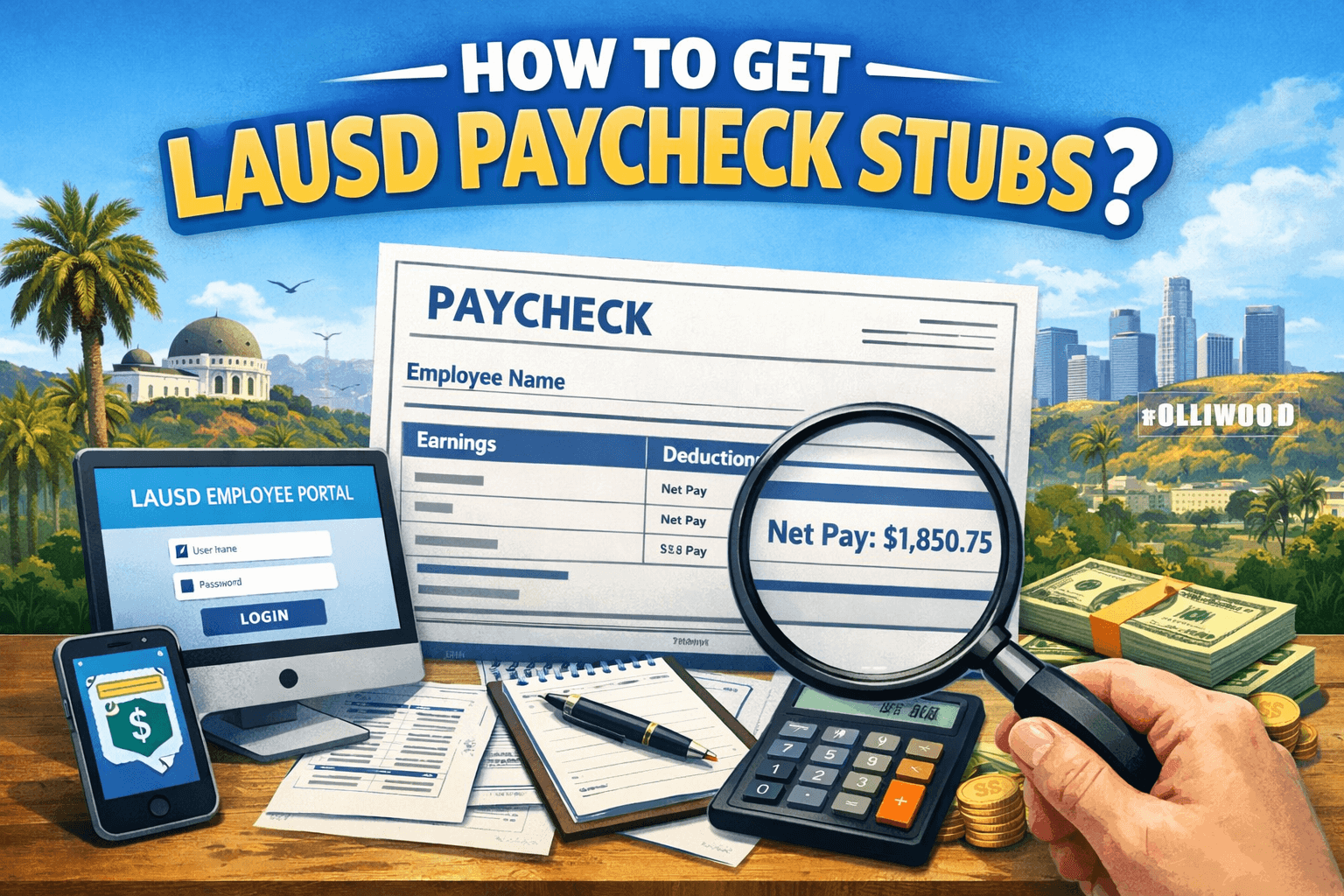What is FAS (Flexible Spending Account)?
An FSA, or Flexible Spending Account, is a benefit offered by many employers that allows you to set aside part of your paycheck before taxes to pay for certain qualified expenses. Because the money goes in pre-tax, it lowers your taxable income and helps you save money.
Most people use FSAs for medical, dental, vision, or dependent care costs, but some employers also offer commuter FSAs for transportation expenses.
Types of FSAs
| Type | What It Covers | Key Features |
| Health Care FSA (Medical FSA) | Doctor visits, prescriptions, co-pays, dental, vision, medical supplies | “Use it or lose it” unless employer offers grace period or rollover |
| Dependent Care FSA | Childcare, daycare, after-school programs, elder care | Helps working parents or caregivers save money on care expenses |
| Limited-Purpose FSA | Dental and vision only | Can be paired with a Health Savings Account (HSA) |
| Commuter / Transportation FSA | Transit passes, parking, commuting expenses | Separate rules and contribution limits |
How FSAs Work
- Contribution Limits – The IRS sets yearly maximum contribution limits for FSAs.
- Payroll Deductions – Contributions are taken directly from your paycheck, before taxes.
- Use-It-Or-Lose-It Rule – Most FSAs require you to spend the money by the end of the plan year or lose it.
- Grace Period / Carryover – Some employers offer a grace period (a few extra months) or allow a small amount to carry over into the next year.
- Reimbursements – Many FSAs provide a debit card for eligible expenses, while others require submitting receipts.
- Eligibility & Enrollment – You can enroll during open enrollment, when starting a new job, or after a qualifying life event like marriage or having a baby.
Pros and Cons of an FSA(Flexible Spending Account)
Pros:
- Reduces taxable income and saves money
- Covers a wide range of medical and dependent care expenses
- Contributions come directly from payroll, easy to manage
- Some employers may contribute extra funds
Cons:
- Funds usually expire at year’s end if not used
- Must estimate contributions carefully to avoid losing money
- Only available if your employer offers it
- Can be tricky if you leave your job mid-year
Real-Life Examples
- A parent uses a Dependent Care FSA to pay for daycare with pre-tax dollars, saving hundreds each year.
- An employee knows they’ll need new glasses and dental work, so they contribute to a Health FSA to cover those costs tax-free.
- Someone with an HSA uses a Limited-Purpose FSA just for vision and dental care.
FAQs About FSA(Flexible Spending Account)
Q1. What does FSA stand for?
A: Flexible Spending Account.
Q2. What can an FSA be used for?
A: Qualified medical expenses like co-pays, prescriptions, dental care, vision, medical equipment, and sometimes dependent or commuter expenses.
Q3. Do FSA funds roll over?
A: Usually no. Some plans allow a small rollover or a grace period, but many follow the “use it or lose it” rule.
Q4. How much can I contribute to an FSA?
A: The IRS sets annual limits, which can change each year. There are separate limits for healthcare FSAs and dependent care FSAs.
Q5. Can I change contributions mid-year?
A: Only if you have a qualifying life event such as marriage, divorce, or a new child.
Q6. What happens if I leave my job?
A: Typically you lose access to unused funds, unless you qualify for COBRA or have special plan rules.
Q7. Is FSA the same as HSA?
A: No. FSAs are employer-owned and often expire each year, while HSAs belong to you and funds roll over indefinitely.
Want to see how FSA deductions appear on a paycheck? Try our online paycheck generator to instantly create accurate pay stubs with all your contributions and taxes.







